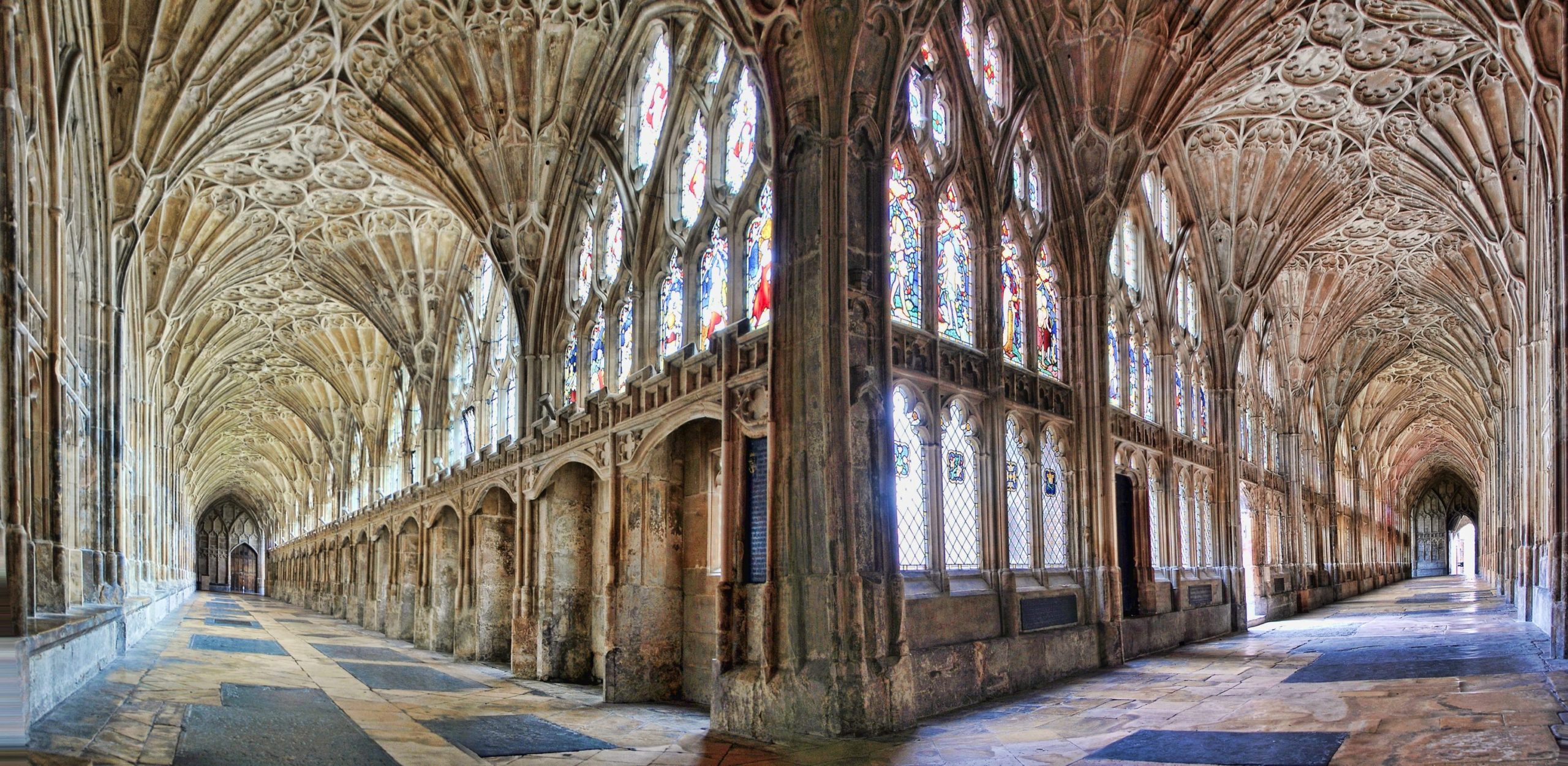Members receive an official, notarized OMS membership document that offers a more detailed description of legal rights and Sacraments, legal precedents from Supreme Court rulings, notification of Title 18, U.S.C., Section 241 & 242, and other vital information. The document is embossed with the OMS seal, signed by the OMS Executive Director, signed and stamped by a notary public, laminated, and sent with a Tabernanthe iboga or Rivea corymbosa seed, and the Manna spore print, Acacia nilotica or Acacia confusa seed, Acacia tenuiflora seed, and Syrian Rue seed needed to complete the courses.
OMS provides online courses, freely, to registered members. The educational material in these courses provide a better understanding of the History, Pharmacology, and Ceremonial Methods of Sacraments, and offers a context for religious/spiritual Sacrament utilization that promotes favorable results from Sacraments evidenced by a 99% success rate, observed over 8 years while studying and applying the concepts and perspectives that eventually went into the courses. The courses allow us to confirm your formal commitment as an OMS Member, understanding of the course content, willingness to give back to the Sacraments by spreading Manna spores in your region and willingness to complete other course requirements, such as contributing ideas on various topics in the online congregation forum.
Oblati are individuals normally living in general society, who, while not professed monks, nuns, priests, have individually affiliated themselves with a religious organization of their choice. They agree to follow the ethics of their religious order in their private life as closely as their individual circumstances and prior commitments permit. In the later Middle Ages, oblatus, confrater, and donatus became interchangeable titles, given to any one who, for his or her generosity or special service to the religious organization, received the privilege of lay membership, with a share in the prayers and good works of the ministers. The generosity one provides to OMS in the form of monetary contributions, volunteer work or contributing one’s services and skills, and completing the course requirements, allows one to share in the prayers and good works of the OMS ministers.
United States Constitutional Rights and Protections as the First Amendment of the Bill of Rights clearly states and as the Religious Land Use and Institutionalized Persons Act of 2000 outlines these rights and protections in detail, even if one is NOT of American Native Heritage. A person does not need to be Native American to register for membership. Members may be of any race, ethnicity, religion, gender, etc. OMS is an ell-ecompassing religous organization in the sense that we practice, learn from, build upon, improve, or otherwise utilize Ancestral, Indigenous, or other ethical traditions discovered anywhere, everywhere, and at any point in the history of the Earth and mankind.
An OMS membership serves to assist with the religious freedom which all Americans have to practice the ancient, traditional, biblical, or modern traditions of healing, empowerment, spiritual exploration, and other spirit and energy based practices common to people since the dawn of human civilization. The federal government and a majority of state governments are still unaware of the unique constitutional rights of citizens as it pertains to responsible religious sacrament utilization. With this in mind, three United States Higher Courts’ unanimous decisions (the Federal 10th Circuit Court of Appeals, State of Utah Supreme Court and the United States Supreme Court) express that:
Any and all government agencies of the United States have no legal authority to influence any church with its ideology (by-laws) or limit the participation in a church’s religious practices based on race or political affiliation; cannot deny access to Sacred Ceremonial Grounds and/or use of any and all plants, minerals, cactus, herbs, fungi, elements & combinations thereof, etc. As an example and as a matter of law, the United States governments are to protect these constitutional rights.
OMS Members strive to shape their lives by living the wisdom of the Holy Spirit, as provided by sacraments such as, but not limited to, Manna & Acacia. Members agree that if they utilize Sacraments to attain states such as Theoria or Visio Beatifica then they will strive to align with the wisdom received during those states.

